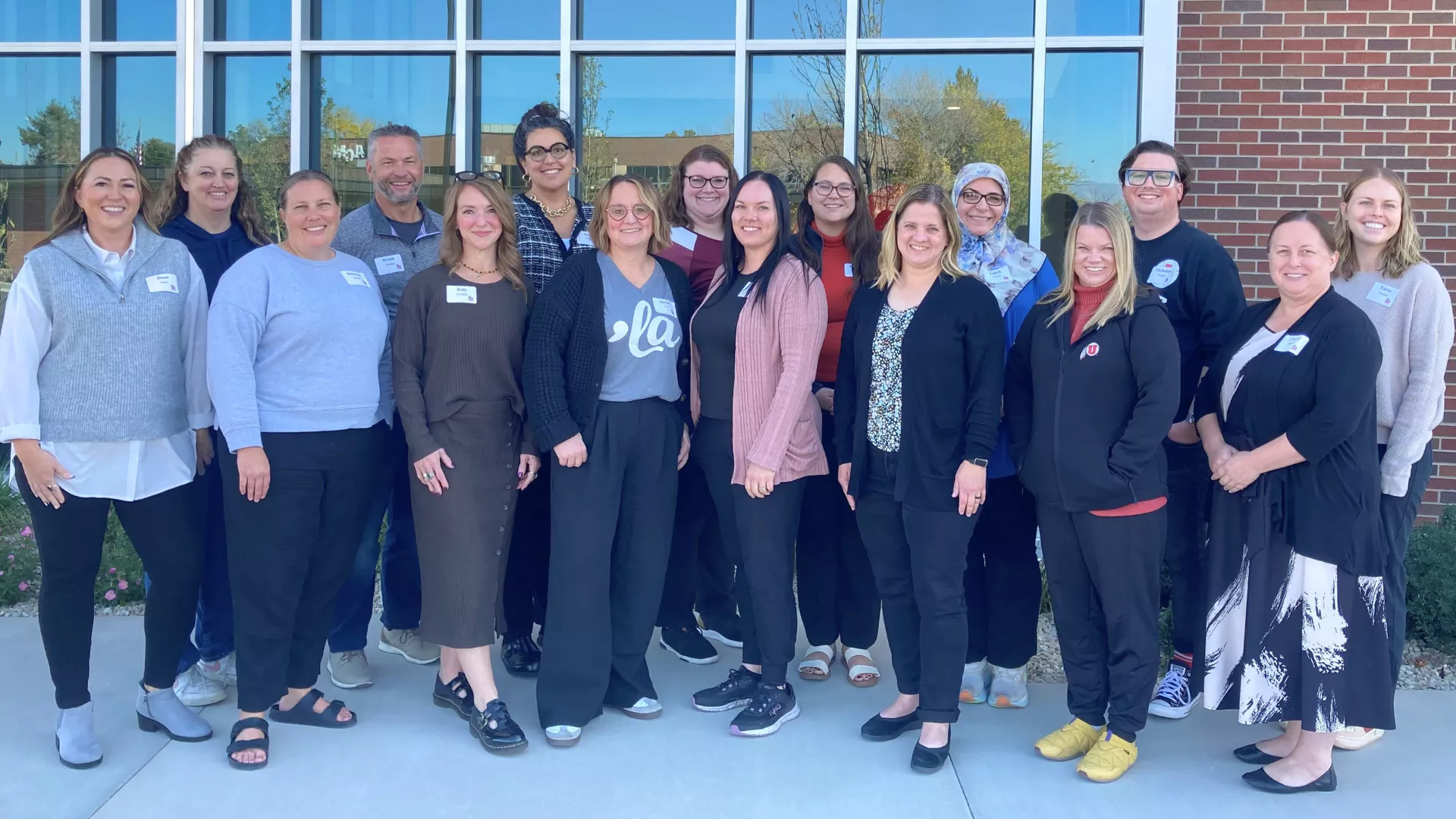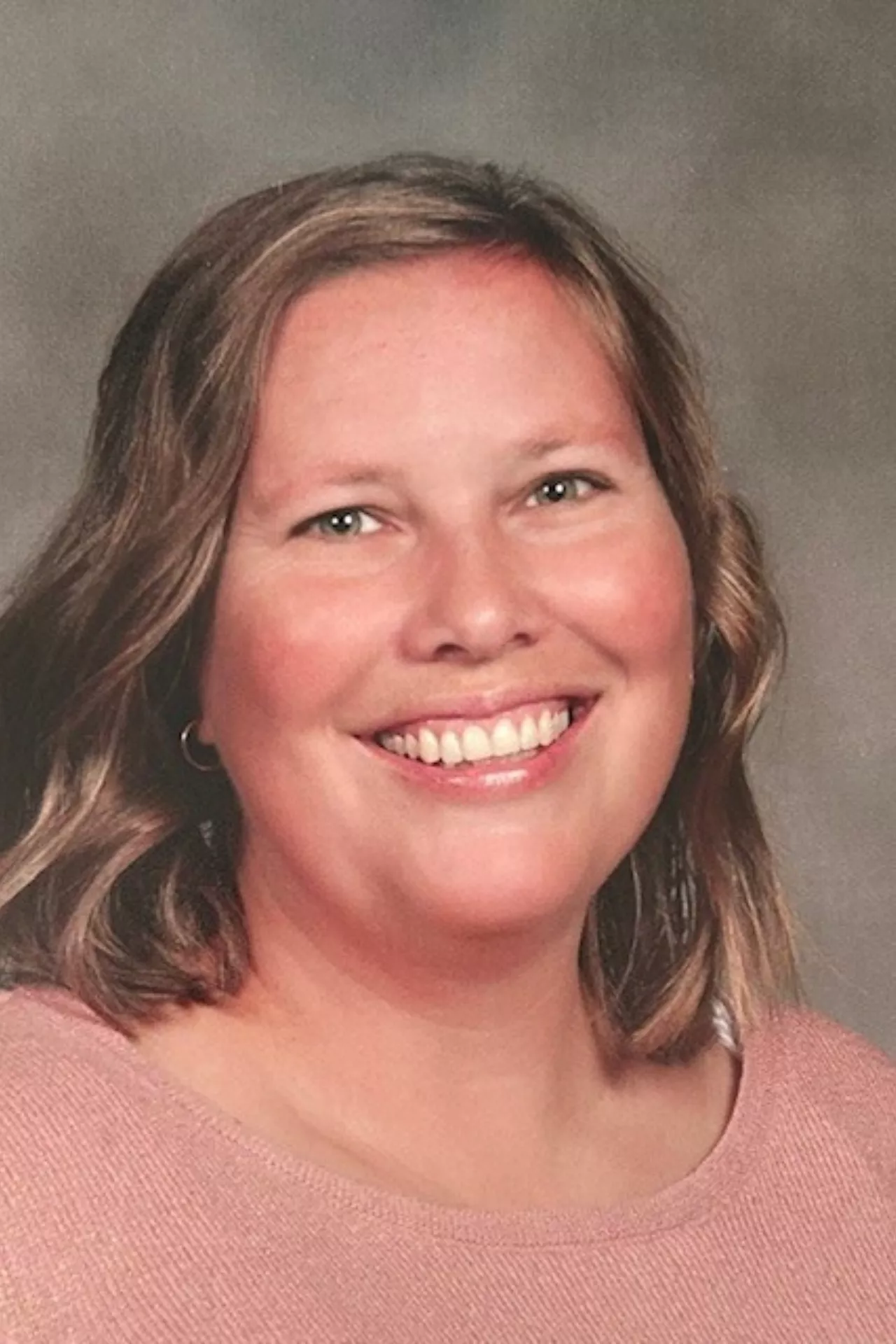Policy Ambassadors Help Shape the Future of Utah's Public Education
Policy changes are a constant in the ever-evolving landscape of Utah's public schools. However, the impact of these changes on students and educators doesn't always align with the best outcomes. The question is, how can you make a difference? Enter the UEA Policy Ambassador program – a pathway for educators like you to influence policymaking and drive positive educational change.
Every year, the UEA Policy Ambassador program equips a diverse group of educators with the knowledge and skills needed to navigate the complex world of policy issues. By participating, you become part of a movement that seeks to improve the educational landscape.
Don't let policy changes happen without your input. Be a driving force for positive outcomes in education. Join the UEA Policy Ambassador program and become an advocate for students, educators, and the future of Utah's public schools.
Program Overview:
Every year, dozens of policy changes affect Utah’s public schools, but these changes don’t always result in the best outcomes for students and educators. Learn how YOU can influence policy-making to achieve better outcomes for students and the education profession by joining the UEA Policy Ambassador program. The Policy Ambassador program is designed to:
- Build a cohort of trained educators to speak on policy issues
- Develop and apply leadership skills to positively impact public education
- Magnify educators' voices in the policy-making process
Program Requirements:
- Attend:
- Leadership and skills training at a Fall Retreat.
- “Becoming an Educator Advocate” conversation with former Policy Ambassadors (Wednesday, Dec 4, 2024 from 5:00-6:00 p.m. virtual)
- Legislative preview meeting (Thursday, Feb. 6, 2025 from 6:00-8:30 p.m. at UEA).
- Educator Day on the Hill (Friday, Feb. 7, 2025 from 7 a.m. – 1:00 p.m. at the Capitol)
- Attending legislative committee meetings (virtual)
- Legislative wrap-up meeting (Thursday, Mar. 13, 2025 from 5:00-6:30 p.m. virtual)
- Write one legislative update for UEA’s Under the Dome website describing the Policy Ambassador experience (January - March 2025)
- Contact State Senator and State Representative on a policy or funding issue
- Track education policy issues during the 2025 legislative session via UEA’s Under the Dome website and the Utah Legislature website
Additional Details:
- Must be a UEA member in good standing
- NO prior policy experience is required!
- The program runs from Oct. 26, 2024 – Mar. 28, 2025
- A $100 stipend will be paid upon completion of all program activities
- Hotel, mileage, and substitute costs will be paid for mandatory in-person meetings (Fall Retreat and Educator Day on the Hill)
- Up to 20 participants will be selected
Questions? Contact:
Dr. Sara Jones
Director, Government Relations and Professional Programs
(801) 417-0241
[email protected]




